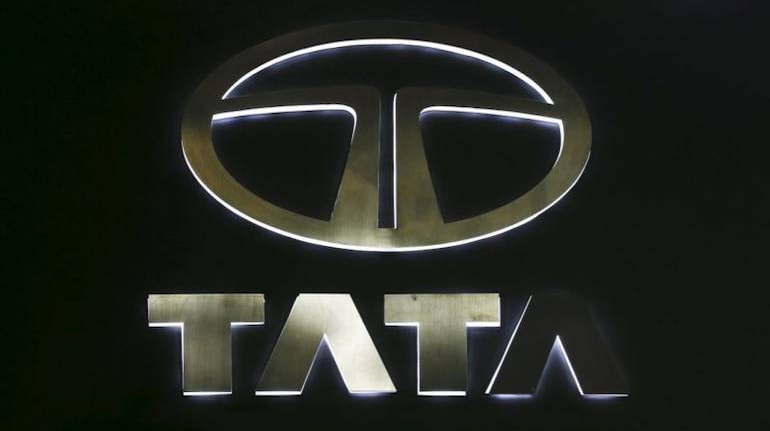
Tata Motors on January 31 reported a consolidated net loss of Rs 1,516 crore for the quarter ended December as against a net profit of Rs 2,906.5 crore.
The Jaguar Land Rover maker reported a 4.5 percent year-on-year decline in consolidated revenues for the reported quarter to Rs 72,229 crore.
Analysts had expected the automaker to report a consolidated net loss of Rs 2,200 crore. In the previous quarter, the company had reported a consolidated net loss of Rs 4,441.6 crore.
The fourth consecutive quarter of consolidated net loss reported by the company underlines the damage caused by the shortage of semiconductor faced by the global automobile industry.
Overall, the company posted a consolidated operating profit of Rs. 7,400 crore and a 460-basis-point contraction in margin to 10.2 percent.
JLR
The company's biggest subsidiary Jaguar Land Rover reported a 9 million pound sterling loss before tax for the reported quarter as the chip crisis continued to take a toll on volumes.
That said, JLR reported a 22 percent sequential growth in revenues to 4.7 billion pound sterling in the quarter suggesting an easing of the current pain.
The semiconductor shortage is expected to continue through 2022 but is expected to gradually improve as capacity within the supply base increases, JLR said in a filing to the stock exchanges.
JLR's earnings before interest and tax margins slid 530 basis points on-year to 1.4 percent in the reported quarter. The positive EBIT margin along with free cash flow of 164 million pounds in the quarter, demonstrated the progress the company has made in reducing the breakeven point in the business through optimisation of product mix and cost efficiencies.
"We continue to see very strong demand for our products underlining the desirability of our vehicles. The global order book is at record level," said Thierry Bollore, chief executive officer at JLR.
India business
Where the JLR business has struggled for revenue growth, there is no dearth of it in the standalone Indian operations. The India business reported a 43.3 percent on-year growth in revenues to Rs 20,959 crore for the December quarter reflecting strong overall demand conditions.
However, the company reported a pre-tax loss of Rs 834 crore reflecting the impact of higher input costs on the company's operations. The standalone business' operating margins shrank 355 basis points on-year to 3.3 percent.
"Sharp commodity inflation continues to remain a challenge. We continue with our efforts to unlock the supply bottlenecks by working proactively with our vendor partners," Tata Motors said.
"We expect the demand for commercial, passenger and electric vehicles to sustain even as concerns related to supply of semiconductors, high input costs and rising instances of covid keep the overall situation fluid," said Girish Wagh, executive director at Tata Motors.
Shares of Tata Motors ended 4.1 percent higher at Rs 517.5 on the National Stock Exchange on January 31.
Discover the latest Business News, Sensex, and Nifty updates. Obtain Personal Finance insights, tax queries, and expert opinions on Moneycontrol or download the Moneycontrol App to stay updated!